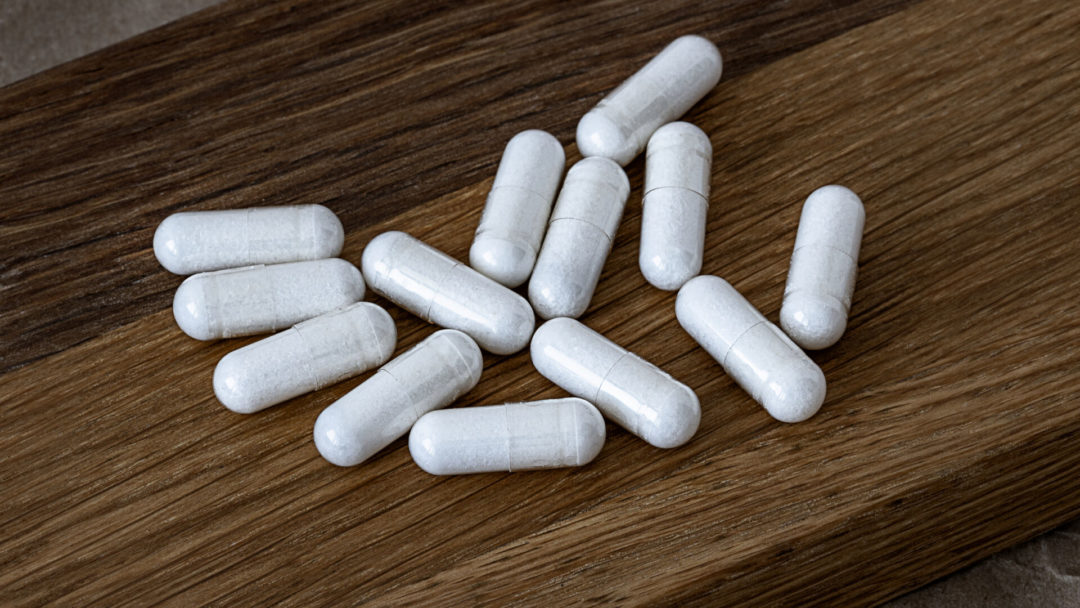Background:As WholeFoods has previously reported,FDA issued warning letters in July 2020 asserting that NAC has been previously approved as a drug in 1963, and therefore is not a supplement, as per section 201(ff)(3)(B)(i) of DSHEA. CRN feels that this is legally invalid on multiple grounds: The records for NAC drug approval contain unreliable information; NAC drugs approved prior to 2016 appear to contain different forms of NAC from that used in supplements; the policy change is retroactive, violating the legal presumption against statutory retroactivity; and the delay between sales of NAC supplements and FDA’s warning letters was unreasonably long, violating the equitable defense of laches. CRN filed a citizen petition in June 2021 on the subject, following a letter sent to the agency in December 2020 and several meetings with FDA leadership.
FDA response:FDA delivered a tentative response in November 2021,as WholeFoods has previously reported,citing the “complex nature of [the] request” and ongoing research as the reason for not having reached a conclusion. The response added that CRN’s petition is being evaluated concurrently with asimilar citizen petition from the Natural Products Association(NPA), in which NPA requests that either FDA determine that NAC is not excluded from the definition of a dietary supplement or recommend to the Secretary of HHS that they issue a regulation finding that NAC would be lawful under the FDCA. FDA then asked that interested parties submit safety information on NAC, as well as information on the earliest date that NAC was marketed as a supplement or as a food.
CRN response:CRN holds that FDA has “dodged the facial legal issues raised about FDA’s position on NAC by raising safety issues that are nonexistent and irrelevant to the legal determination,”according to a press release. In the letter, the association points to yet another legal issue: The rule that ingredients cannot be considered supplements if they’ve already been studied as drugs was only created in 1994, with DSHEA—and as NAC was used prior to that, CRN points out that drug manufacturers who may have invested in NAC research back in 1963 could not have expected exclusivity, because the law that granted it wouldn’t exist for another 30 years.
CRN adds that it is inappropriate for FDA to review its petition concurrently with NPA’s, as they request different actions from the agency: “By introducing the possibility that FDA could disregard the legal challenge to its position regarding section 201(ff)(3)(B)(i) and proceed to exercise its statutory discretion by instigating a rulemaking, NPA’s citizen petition raises issues beyond the facial legal challenge presented by CRN.”
CRN is also concerned with FDA’s request for “extensive and irrelevant” NAC marketing and safety information, which is unnecessary for the Agency to make a determination: “Safety and current market evaluation are not relevant factors” to CRN’s petition, and CRN questions whether they are relevant to NPA’s request for a rulemaking, either, given that section 201(ff)(3)(B) doesn’t request a safety evaluation to determine whether a new ingredient would be a lawful supplement.
FDA has also taken too long to respond, violating its own timeline—it has 180 days to respond to the citizen petition, and it has failed to do so. By requesting safety and marketing information, FDA may well have pushed back any response date by months, if not longer. And by combining the petition with NPA’s petition, CRN states, the agency appears to be suggesting that it will not address CRN’s legal arguments if it commences an NAC rulemaking as requested by NPA.
CRN states that it has addressed FDA’s concerns already: With regards to marketing timeline, CRN and other stakeholders have already provided evidence that NAC was marketed prior to the passage of DSHEA. With regard to safety, the letter states: “CRN is not aware of FDA raising safety concerns about NAC in its decades-long history of use as a dietary supplement, and FDA has ready access to the requested information through the FDA Adverse Event Reporting System and manufacturing facility inspections.”
Related: FDA Commissioner Nominated; CRN Notes Top 6 Priorities NPA Sues FDA: Asks Courts to “Block Unlawful Action in NAC Situation” AHPA to FDA: Clarify that NAC is a Lawful Dietary Ingredient
CRN is requesting that FDA reverse its position to review the CRN and NPA petitions concurrently, and provide a substantive response addressing CRN’s legal concerns. At a minimum, CRN is asking that FDA commit to substantively respond to the concerns raised in its petition within 30 days of the January 25, 2022 comment deadline. This is a time-sensitive issue: CRN points out in the letter that Amazon stopped selling NAC in spring 2021 due to FDA’s warning letters, and in the past few months, large payment processing platforms including Paypal and Shopify have blocked the use of their platforms for NAC supplement sales, doing economic damage to brands that sell NAC products.The letter concludes: “We look forward to receiving a commitment by the Agency to bring clarity to CRN’s legal concerns in a timely manner and receiving the Agency’s substantive response.”









